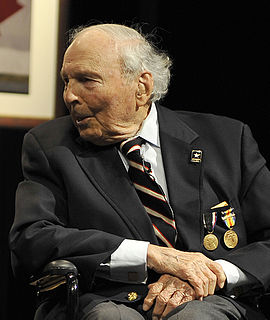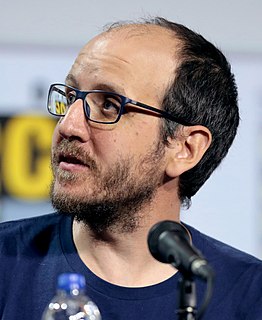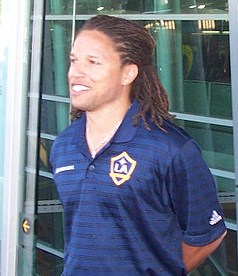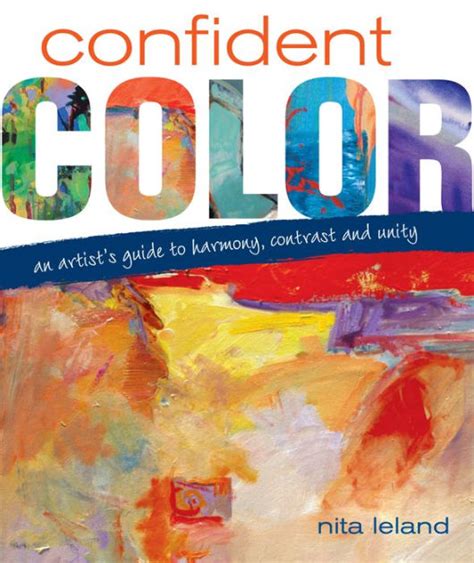A Quote by Paul Young
There was that 'anything is achievable' attitude in the Eighties. Everything was very positive and gung-ho. Well, 'hedonistic' is the word they use a lot. We were all confident bordering on arrogant.
Quote Topics
Related Quotes
Colleges seem to want candidates that are so well-rounded they'd have to be two different people use together with mutually exclusive characteristics! They have to be gung ho athletes and sensitive artists, studious nerds and gregarious social networkers, future rulers of the universe and selfless altruists.
Very few college professors want high school graduates in their history class who are simply "gung ho" and "rah-rah" with regard to everything the United States has ever done, have never thought critically in their life, don't know the meaning of the word "historiography" and have never heard of it. They think that history is something you're supposed to memorize and that's about it. That's not what high school, or what college history teachers want.




































